RS leader: Autonomy now, independence later
Milorad Dodik says the Serb people in Bosnia will continue fighting for autonomy, hoping that the political process will eventually result in the independence.
Monday, 30.06.2014.
09:29

RS leader: Autonomy now, independence later
“We need peace and we want it, we want to be a part of civilized Europe, but we do not want Europe to impose on us the Bosnian state and language. Bosnia-Herzegovina has shown everything but the capacity to survive. However, we will speak about that at some other time,” Dodik said at the ceremony with which the Serb entity in Bosnia, the RS, marked 100 years since the assassination in Sarajevo.“We have seen that many would like, not only to eliminate Serbs, but also destroy our history. They forced Serbs to leave Sarajevo, and then they started taking away the history from us. It was only logical that we had to move and take our history with us, and bring it here,” Dodik said.
Today, it is clear that there is something that has a name and surname, that is the Serb people, whose name is Serbia, and surname Republika Srpska (Serb Republic), Dodik said.
Film director Emir Kusturica, who devised the Andrićgrad project, explained that the complex will be a lesson in how an identity is protected, and how an entire city is turned into cultural heritage.
Kusturica said that there is no other city dedicated to a Nobel Prize winner in Europe, and noted that Serbs' need to make a city like this probably stems from the fact that colonizers did not leave their cultural mark in these areas.
Kusturica thanked the RS government and Dodik for backing this project, but also the Serbian government and the Serb Progressive Party for their assistance in building the complex.
The program began earlier on Saturday with a liturgy held by Patriarch Irinej of the Serbian Orthodox Church in St. Prince Lazar's Church.
The ceremony in Andrićgrad has been attended by a number of guests, including Serbian Prime Minister Aleksandar Vučić and First Deputy Prime Minister and Foreign Minister Ivica Dačić.
"Progress"
Aleksandar Vučić stated on Saturday that Serbia "respects everyone and that development and progress can be made only in peace, and added that the country wishes no harm to anyone," Tanjug reported.At the opening of Andrićgrad, Vučić said that "an economically strong Serbia needs to be built as a country of the rich and which RS and its citizens would always be able to count on, all in keeping with the law on parallel and special relations and the Dayton Treaty."
“We respect everyone else and we can develop and achieve progress only in peace. We mean no harm to anyone,” Vučić said.
Speaking about the Andrić Institute, Vučić noted that the Serbian government "recognized the importance of the institution and that it will continue participating in its funding together with the RS government."
100 years
Saturday marked 100 years since the June 28, 1914 assassination in Sarajevo of Archduke of Austria-Este Franz Ferdinand that Austria-Hungary used as an excuse for invading Serbia and starting World War One.Gavrilo Princip, a Bosnian Serb and high-school student in Belgrade, was a member of the political and revolutionary youth organization Young Bosnia (Mlada Bosna), created in Bosnia ten years earlier.
He carried out the assassination together with several other members of the organization, killing the archduke, heir to the Austrian throne. He also accidentally shot and mortally wounded his pregnant wife, Sophie Chotek, who was by his side.
Austro-Hungarian authorities accused the Kingdom of Serbia of being behind the assassination, although the plot was carried out without its knowledge. Vienna claimed that Young Bosnia had been under the control of the Black Hand, a Serbian secret terrorist organization headed by Dragutin Dimitrijević, commonly known as Apis, and that the assassins had been trained in Serbia where they had also been given weapons.
Princip, who was born in the village of Obljaj near Bosansko Grahovo on July 13, 1894, was less than 20 years old at the time of the assassination, and in the consequent trial in Sarajevo, he could not be sentenced to death, but was given a sentence of 20 years in prison instead.
He served his sentence in an infamous prison in the Czech Terezin Fortress, where he died of tuberculosis. Due to squalid prison conditions, at the end of his life, he weighed only 40 kilograms. Gavrilo Princip found his resting place in a grave at the Chapel of Heroes of St Vitus in Sarajevo, erected shortly before World War Two.
Several years ago, Luidgi Pozdek, an elderly fisherman from Istria, Croatia, and an inmate at Terezin at the same time as Princip, gave a testimony about how Princip had been tortured and deprived of food in the prison.
Some Croatian media reported about Pozdek's testimony from the end of last decade, which said that Princip had been systematically beaten literally every day. Princip received food only once in five days, Pozdek said.
The list of torture techniques was long, and the prison's "specialty" was to have Princip rolled in a barrel with protruding nails poking his tormented body.
The 1878 Treaty of Berlin approved Austria-Hungary's occupation of Bosnia, which officially remained part of the Ottoman Empire until the annexation of the territory in 1908.
From then on, until the beginning of World War One, every aspect of Bosnia and Herzegovina (Bosnia-Herzegovina) society was modernized and industrialized, but the national societies of the Serb and other nations in Bosnia-Herzegovina were abolished, national cultures were suppressed and political opponents persecuted.
The Great War lasted from July 28, 1914, when Austria-Hungary invaded Serbia, until the autumn of 1918. Most of the world's great powers, grouped into two hostile alliances - the Entente Powers, or the Allies, including the Kingdom of Serbia and Montenegro, and the Central Powers - took part in it.
The Great War saw the end of four empires: the German, the Austro-Hungarian, the Ottoman and the Russian.
Over a million Serbs, including about 40,000 Serb volunteers, and according to certain data, as many as 1.7 million, or nearly one-third of the total population of the Kingdom of Serbia at the time, were killed in the war.
The War left 264,000 invalids and war orphans. About 70 percent of the Serbian economy was destroyed. Total war damage amounted to 13 billion French francs in gold.
With more than 70 million people carrying weapons, the consequences were that more than 15 million people were killed and 20 million wounded, and the direct participants in the war suffered enormous destruction of their states and economies.
Serbia, which was on the winning side, together with Montenegro and other territories inhabited by Serbs and other South Slav nations that had been part of the Austro-Hungarian Empire, got underway with the creation of the Kingdom of Serbs, Croats and Slovenes, later to become the Kingdom of Yugoslavia.










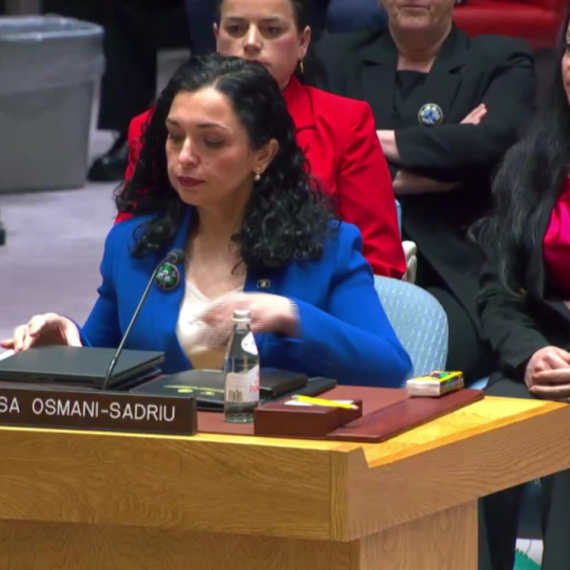
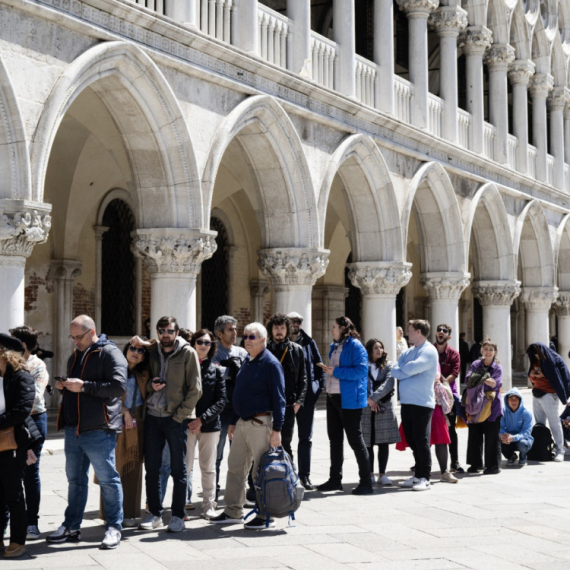



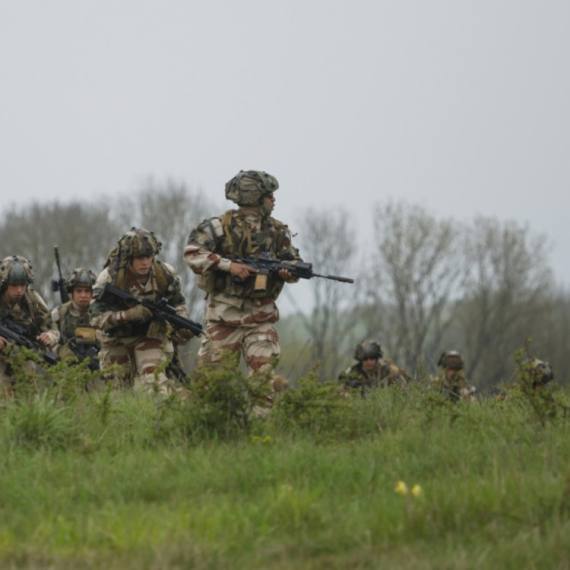
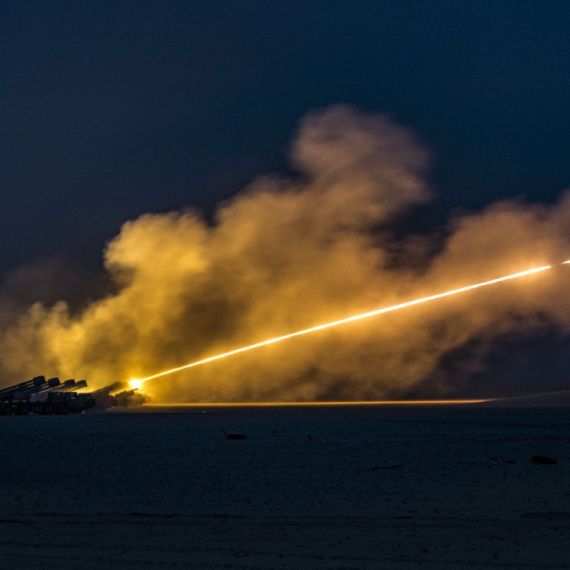


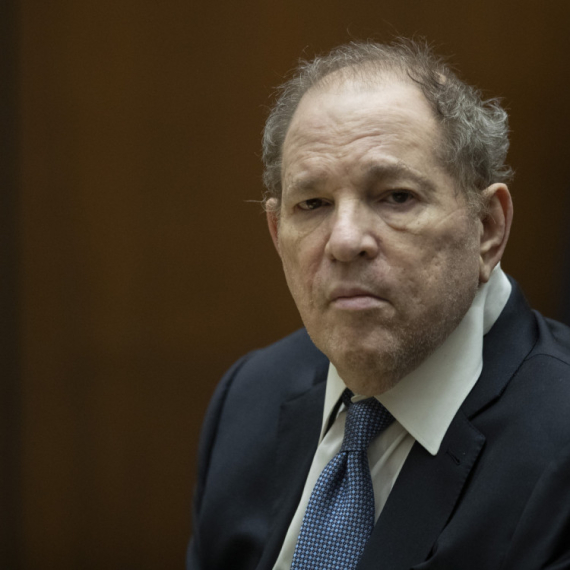


















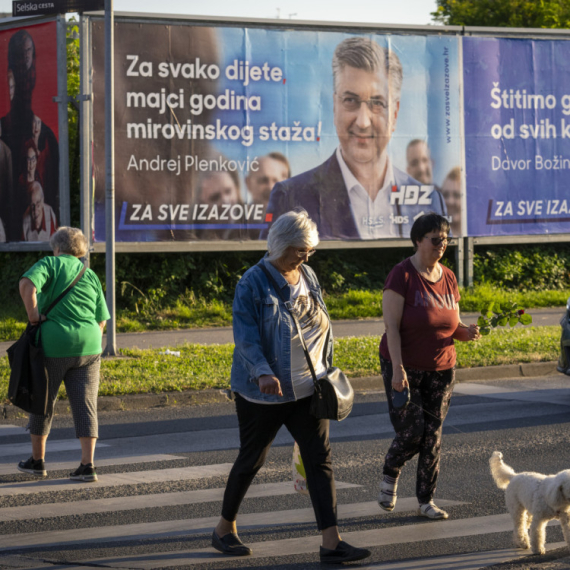





Komentari 7
Pogledaj komentare